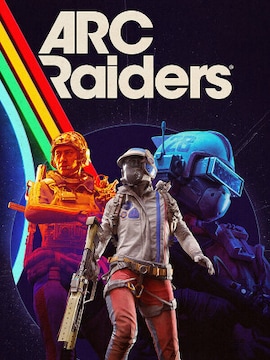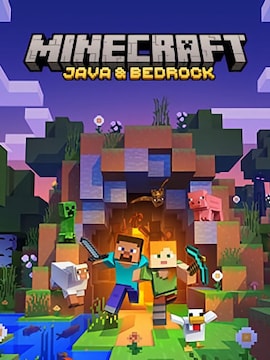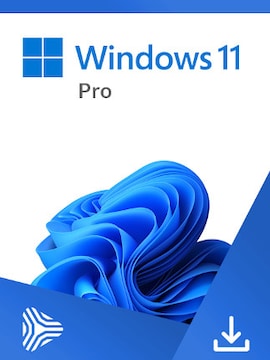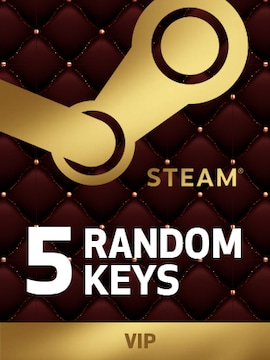Big update for match 3 and RPG fans: one of the original genre mashups is back, and it’s doing things the right way.
Puzzle Quest, the cult classic match 3 RPG that helped define the genre back in 2007, is returning as the Immortal Edition on September 18. This remaster brings updated visuals and all previous content, but most importantly, it delivers the classic gameplay without any of the monetization baggage that’s become standard in modern puzzle games.
How Puzzle Quest Changed the Game in 2007
When the original Puzzle Quest launched in 2007, it changed the landscape. At a time when match 3 games were little more than time killers, Infinite Interactive dropped something new: a game that blended the familiar puzzle mechanic with real RPG progression and strategic combat. It wasn’t just about matching gems. Every move charged spells, triggered attacks, or countered the enemy’s next action. You were fighting, not just solving a board.
Outside of battles, you explored a large overworld map filled with events, quests, and gear. The game’s world was based on the Warlords universe, which dated back to 1989, and the result was an RPG setting that added depth to each puzzle. This combination helped the game stand out instantly. And even now, the original holds up surprisingly well, though visually, it’s clearly aged.
Puzzle Quest Immortal Edition Release Date
That’s where the Immortal Edition comes in. It’s a visual refresh with all the content that defined the original experience. The 2008 expansion, Revenge of the Plague Lord, is included. So is the extra content from the 2019 Switch version, Puzzle Quest: The Legend Returns. And yes, there’s new material too, including a brand new character class and additional, still unrevealed extras. The development team, now operating as Infinity Plus Two, is led by the same creator, Steve Fawkner, which gives this release a level of authenticity fans will appreciate.
The remaster keeps the classic gameplay and art style, just cleaned up for modern systems. The visuals are sharper, but the UI and presentation still reflect the era it came from, so that nostalgic design it’s embraced. It looks better, but it still looks like Puzzle Quest.
Puzzle Quest: Immortal Edition hits PlayStation 4 and 5, Xbox One and Series X/S, Nintendo Switch, and PC on September 18. There’s no mobile release planned for now, but every major platform is covered.
From Shariki to Candy Crush: Match 3’s Long Road
Before Puzzle Quest, match 3 games were mostly variations on Bejeweled. The genre’s earliest roots go back to 1994’s Shariki, a DOS game from Russia that laid the foundation. That led to other puzzle titles like Tetris, Puzzle Bobble, and Dr. Mario. But Bejeweled made it mainstream in 2001. By the time Puzzle Quest showed up in 2007, the market was flooded with lookalikes. And then came the free to play shift, where games like Candy Crush Saga introduced monetization mechanics that, while profitable, dragged the genre down for a lot of players.
Puzzle Quest offered something different. It asked: what if this wasn’t just a puzzle game? What if it had character stats, gear, a story, and enemies with spells of their own? That idea reshaped the genre. Instead of making more clones, Puzzle Quest started a new branch entirely, one that mixed strategy, story, and puzzle mechanics in ways that felt natural and fresh.
That shift led to a series of follow ups. Puzzle Quest 2 built on the original’s formula. Puzzle Quest: Galactrix moved into sci fi. Then came Puzzle Quest 3, and later spin offs like Marvel Puzzle Quest and Magic: The Gathering Puzzle Quest. Some of those, especially Marvel Puzzle Quest, leaned heavily into free to play systems. Infinity Plus Two also made Gems of War, a live service take on the formula that’s still going after ten years but has become packed with offers, currencies, and multiple battle passes.
In contrast, the Immortal Edition goes back to the beginning. Without microtransactions and ads. No daily logins or limited energy systems. Just the full game, up front, as it used to be. That’s what makes this remaster feel important, it’s not just a nostalgia play. It’s a way to reintroduce a genre defining game without all the compromises that crept in over the years.
If this release lands well, it might open the door for HD remasters of Puzzle Quest 2, Puzzle Quest 3, and Galactrix. And that’s a future most long time fans would welcome. For now, though, the focus is clear: one of the most influential puzzle RPGs ever made is back, and it’s being treated with the respect it earned.




